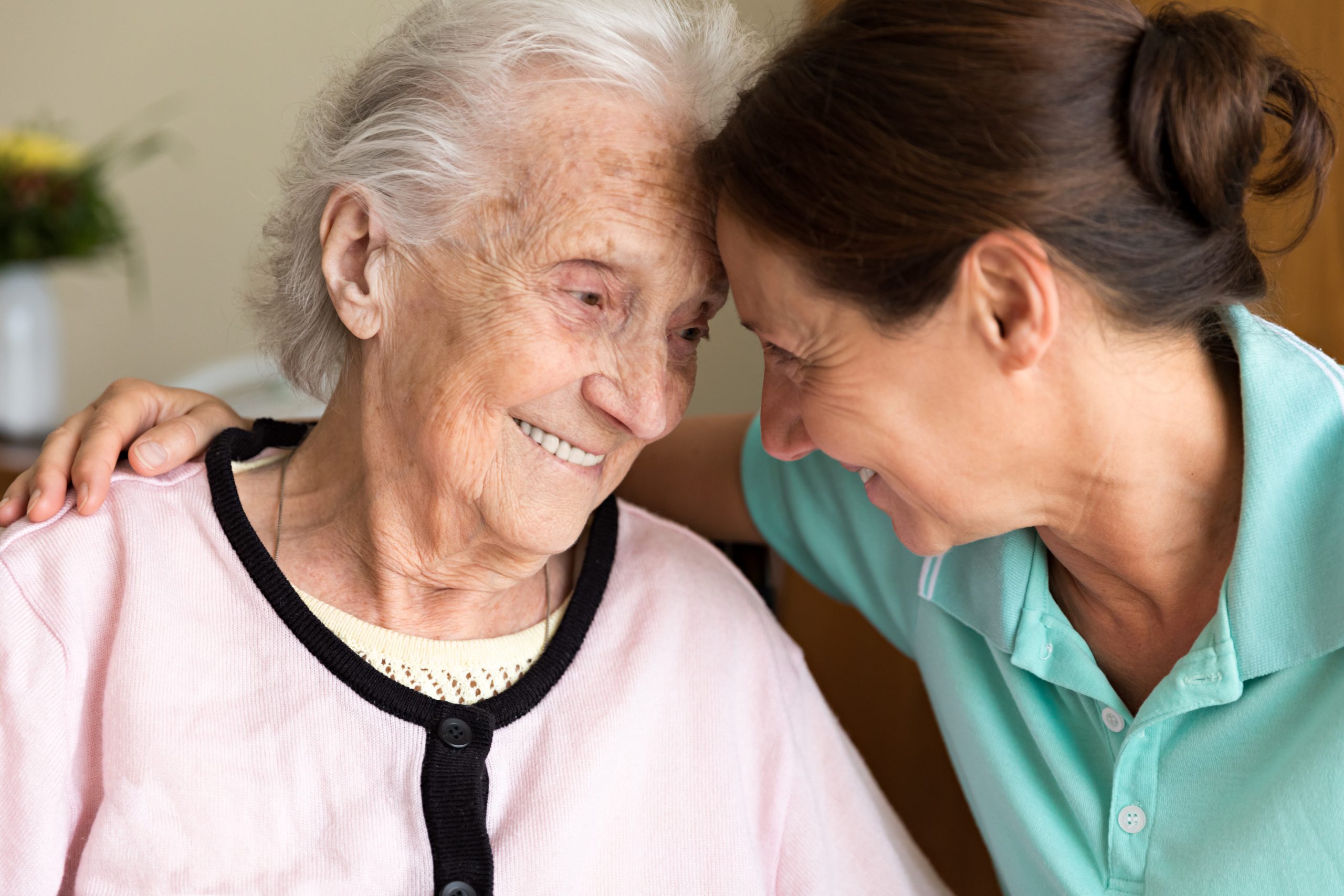Care Companions
Staff allocated by resident, rather than by task
Our Care Companion Model means that Care Workers are allocated to care for only a small number of residents – usually around ten – in pairs. This encourages staff to focus on the wellbeing of the people they support, not the tasks they undertake.
This gives residents and staff time to get to know each other well and build trust. When staff know residents well, they pick up more quickly signs that the person is unwell or when their needs have changed. Which will mean action is taken more quickly to maintain residents’ wellbeing.
Staff will also have a better understanding of how residents prefer their care to be given meaning they can anticipate their needs. Relatives and loved ones will be able to get to know staff who support their loved ones, leading to improved communication.

Campaign to “End the round”
To support this way of working, we discourage individuals from conducting rounds to all residents for the main daily tasks, e.g. medication rounds, tea rounds, continence rounds, etc. Instead, each person delivering care is responsible for all these things for a small number of residents.
All care companions have been trained and assessed as competent to administer medication. This means medication can be given as part of each resident’s personal morning routine, rather than waiting for a nurse-led medication round.

One-to-One Companionship
The Care Companion Model facilitates Care Workers to be person-orientated, rather than task-orientated. This means carers are expected to provide social stimulation and one-to-one companionship to those they care for, according to the individual’s personal preference. Our Activities Workers offer larger, group activities alternatively for those who benefit from this, in each of our lounges.
You can read more about our lounge-based activities here.

